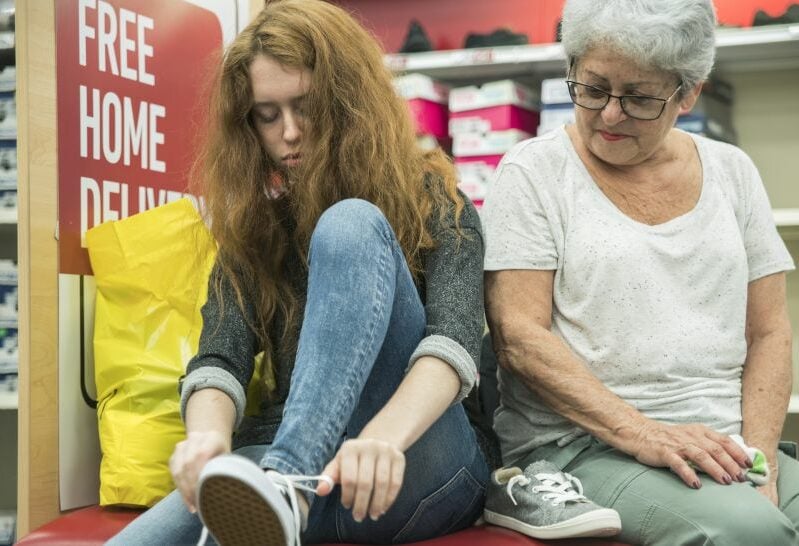By bringing together existing evidence on the use and effectiveness of special guardianship orders, our aim is to inform guidance and best practice on the way the family justice system prepares and supports kinship carers for this life-changing responsibility.



Infographic
What do we know about children in the family justice system?
Our infographic pulls together what we know, and what we don’t know, about children’s journeys through the family justice system from national data.